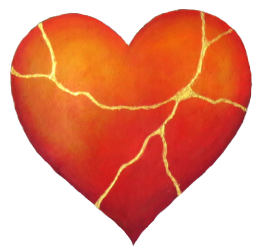Vitality: the capacity to give continuance of life, present in all human beings, the positive power and energy which give direction and meaning to a person’s life.
How can vitality be lost and recreated in specific symptomatic configurations? In the workshop that question will be addressed especially focusing on two personality disorders: the dependent and the avoidant personality disorders. In the workshop typical experiences and developmental learning that hinder the person’s capacity to develop and to protect vitality will be explained.
Clinical research shows that important interpersonal dimensions which support a harmonious development of human beings are love, freedom and protection. The concept of safe attachment seems especially meaningful to explain the ups and downs of vitality and of a person’s capacity to cope with stressful, traumatic or difficult events in their life long development.
In the workshop I will present the characteristics and the ethiology of the dependent and avoidant personality disorders, and basic treatment guide lines.
The theoretical frame of reference at the basis of this workshop are the narrative approach to script theory, the social-cognitive transactional analysis, and the research of Lorna Benjamin on personality disorders.
In the workshop the participants will have supervision on their clinical cases, with a specific look at the case formulation, and at the link between patients’ symptoms/problems and attachment issues.
The participants will be involved in participative learning and a large space will be given to questions, comments and feedback.
Learning outcomes:
– To know the characteristics of the dependent and avoidant personality disorders.
– To know how to explore the interpersonal processes at the basis of the DPD and APD and their self image.
– To hypothesize a case formulation and a treatment plan.
Level of participants:
CTA in training, CTA, PTSTA, TSTA (Psychotherapy field)
